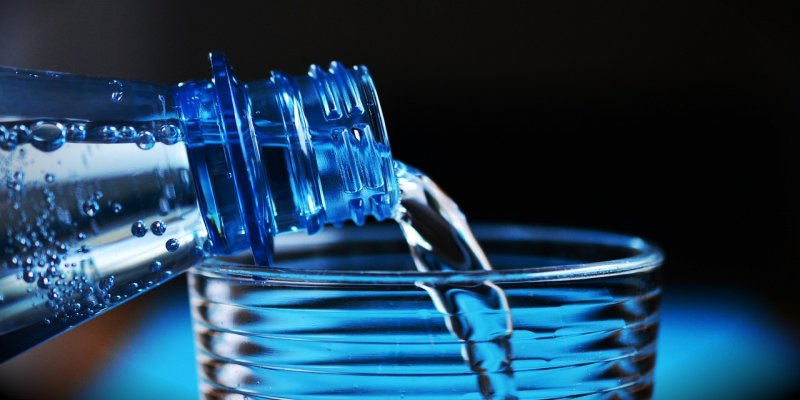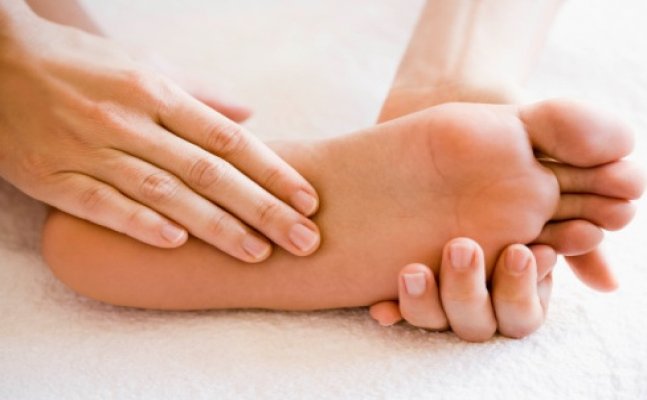The Science Behind Shedding Pounds: Why Summers Are the Best Time to Lose Weight
- Sunday | 14th April, 2024
"Marching Towards Health: Why March is the Best Time to Start Your Weight Loss Plan
- Thursday | 14th March, 2024
Love and Wellness: Nurturing Heartfelt Health in Celebration of Valentine`s Day
- Thursday | 8th February, 2024
Surprising Benefits of Beer: Enjoying a Refreshing Beverage with Hidden Perks
- Thursday | 18th May, 2023




.png)








